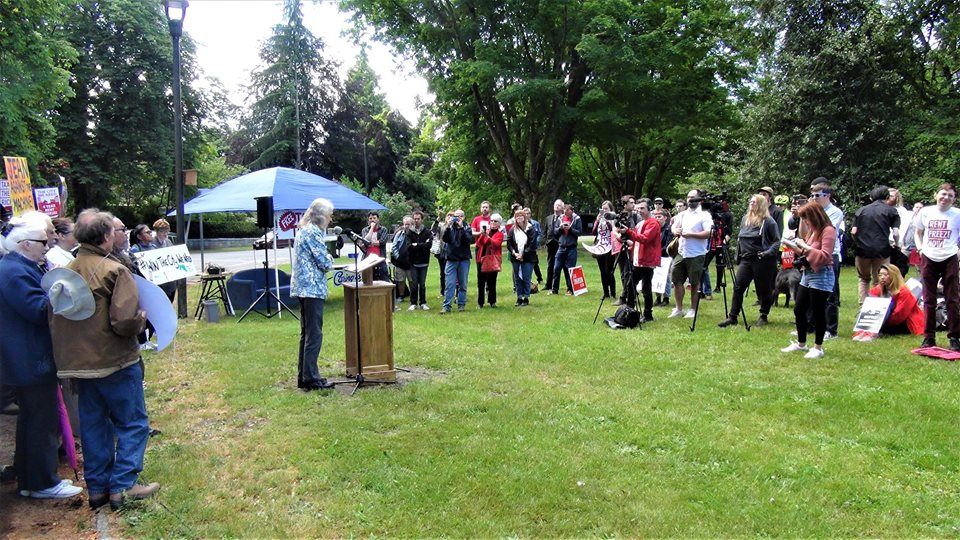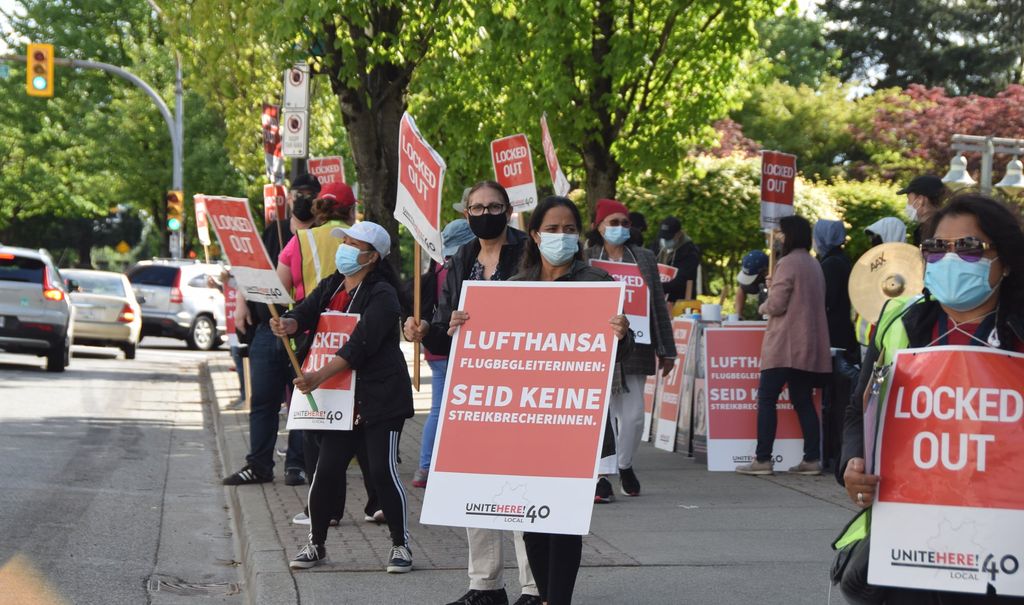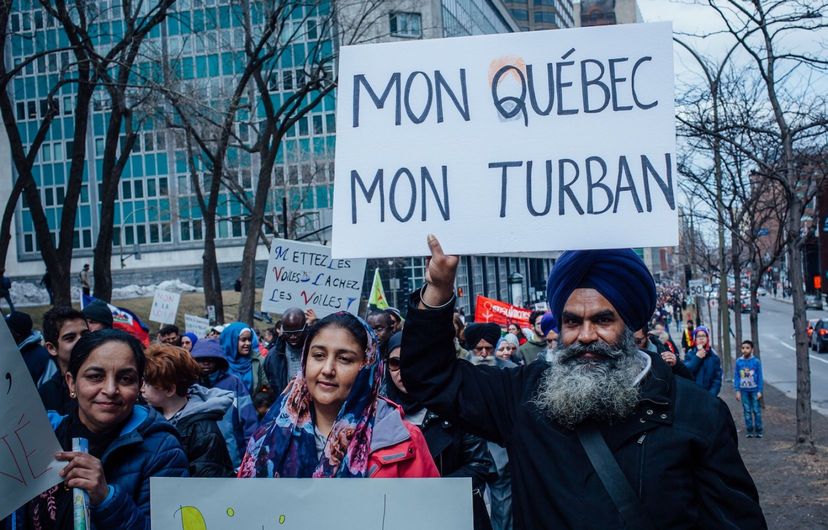While Alberta’s deeply divided election rolls on, the province is suffering from fire and smoke. A dry winter and a hot spring have left much of the province tinder dry. The fires, that started in early May, by May 21 have already burnt over 940,000 hectares of land. This is more than any year since at least 2005.
Clearly climate change, driven by burning fossil fuels, is behind the grim destruction. The province has already had over 500 fires and currently 91 fires are burning, with 23 out of control. Over 30,000 people have had to leave their homes.
As well as in Alberta, fires are burning in BC, Saskatchewan and North West Territories. Hay River, NWT, with a population of 3,500, is under an evacuation order. The smoke from these fires has spread across all of western Canada, from Vancouver to Winnipeg, and into the northern US. In many places, air quality was at the worst level, +10, or “very high risk.” This is a danger to health, with advisories to stay indoors and avoid any strenuous outside activity.
Long Hot Summer
This is probably only the beginning of a long, hot, smoky summer. The cooler Pacific Ocean of the last three years, a la Niña cycle, is coming to an end and the waters are warming in an El Niño phase. This is likely to bring a hotter and drier summer, with consequences for fire and for farming. Firefighters are preparing for months of fire.
In recent years, drought has become more common on the prairies. The 2021 drought, the worst in 50 years, cut wheat production by 38.5 percent and canola production by 35.4 percent.
The hot weather will accelerate the melting of the glaciers in the Rocky Mountains. The major rivers of the prairies, the North and South Saskatchewan and the Peace and Athabasca, all rely on these glaciers for the water that helps many of the farms of Alberta and Saskatchewan.
Short of Resources
The firefighters in Alberta are already overstretched, and it is only May. Crews from other parts of Canada and the US are helping, but as the fire season spreads these may be needed in their home areas. Alberta is looking to draw crews from the southern hemisphere.
Already Alberta crews are calling for more resources as well as firefighters. Firefighter David Morin, stated, “We’re going to need more everything, just more and more and more, until we can get the situation under control.”
But the government of Alberta ignored the obvious fact that climate change was going to make fires worse. The United Conservative Party (UCP) government cut firefighting capacity. In 2019, they cut 26 fire watch towers that spot fires early as well as specially trained firefighter teams. Experienced firefighters left the service as they had no job security. Over four years, from 2018, it cut the budget by $30 million, ignoring inflation.
Undoubtedly the cost to the Alberta government, never mind the cost of human misery, destroyed homes and lost production, with some industries closing due to risks from smoke and fire, will far outweigh the $30 million. This is typical of short-term conservative governments that save money on vital services to subsidize big business, and offload the costs onto others.
The increased likelihood of fires due to climate change, combined with the lack of trained firefighters and resources, make it harder to control fires.
Climate Change: The Growing Disaster
While fire is a natural part of the ecology of the boreal forest, climate change makes it even worse. Along with cutting firefighting capacity, both the Canadian and Alberta governments’ policies are increasing the number and intensity of fires.
The Canadian government is pushing ahead with the Trans Mountain pipeline and has agreed to a massive new oilfield off the coast of Newfoundland. Both will boost the burning of fossil fuels.
The UCP has long been wedded to oil production. Kenney, the former UCP premier, promised in 2019 to cut taxes, claiming it was a “job creation plan.” The big oil companies benefitted to the tune of $4.3 billion, but cut nearly 3,500 jobs with automation.
Danielle Smith, Alberta’s current UCP premier, has continued the tradition of lavishing Alberta taxpayers’ money on the oil industry. The latest scam is a gift of $100 million to clean up disused oil and gas wells that the companies are legally required to do anyway. However, this is not surprising, as until Smith became Premier, she was an oil company lobbyist.
Cutting fire services, while subsidizing industry that increases the likelihood of fires, is standard UCP policy. Their election slogan for this year is “Strong and free.” A more accurate phrase would be “Smoke and fire.”
An Alternative Needed
Alberta has ridden a rollercoaster of oil boom and bust, yet the government keeps going back to the same old policies, ignoring the disappearing jobs in fossil fuels and the mounting costs of climate change.
Alberta’s working class needs an alternative that provides good union jobs while reversing climate change. Alberta could be a renewable energy powerhouse with plentiful opportunities for wind and solar power, as well as largely unexplored geo-thermal potential.
The UCP will not give up its love of oil and big business. Unfortunately, the NDP was reluctant to stand up to the oil lobby during its last government.
We support a socialist alternative that starts not with the profit drive of big business, but instead is based on the needs of people and a healthy environment.




